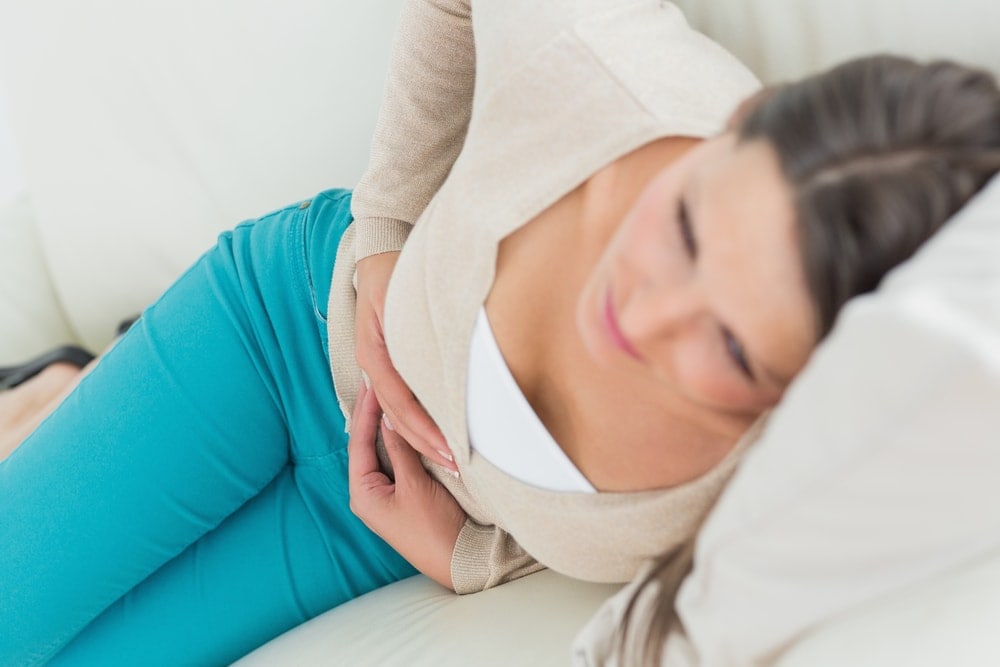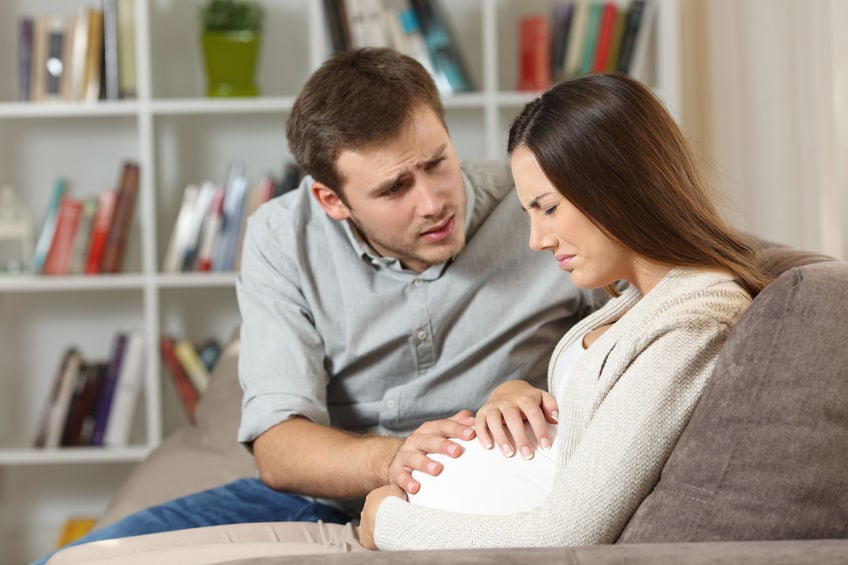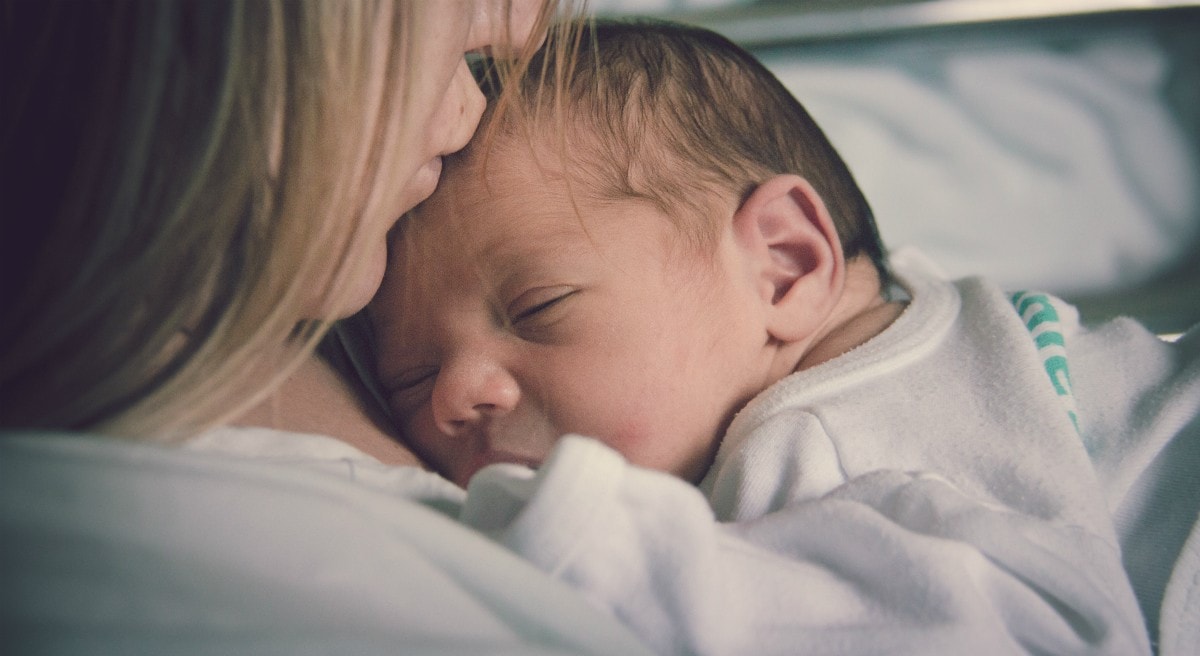During the first trimester, cramping often results from normal changes that occur during your baby’s development. Cramps can generally be described as pulling sensations on one or both sides of your abdomen.
Although not considered a symptom for the detection of early pregnancy, it is a symptom that accompanies many pregnancies. In most cases, cramping is a normal part of pregnancy. However, there are some instances when cramping can be a concern.
What Causes Cramps During Pregnancy?
Cramping typically occurs when the uterus expands, causing the ligaments and muscles that support it to stretch. It may be more noticeable when you sneeze, cough, or change positions.
During the second trimester, a common cause of cramping is round ligament pain. The round ligament is a muscle that supports the uterus, and when it stretches, you may feel a sharp, stabbing pain, or a dull ache in your lower abdomen.
Cramping that is relatively minor and happens every now and then is probably nothing to be worried about. Some additional causes of normal cramping in pregnancy include:
- Gas and Bloating
- Constipation
- Sexual intercourse
What Should I Do For Cramps While Pregnant?
If you experience minor cramping during pregnancy, there are a couple of things you can do for prevention and self-care:
- Try to sit, lie down or change positions.
- Soak in a warm bath.
- Try doing relaxation exercises.
- Place a hot water bottle wrapped in a towel on the ache.
- Make sure you get plenty of fluids.
When Should I Be Concerned About Cramping During Pregnancy?
While cramping can be common, there are some serious causes of abdominal pain during pregnancy:
- Ectopic pregnancy – This type of pregnancy happens when the fertilized egg implants outside of the uterus. Ectopic pregnancies can cause painful cramping and is a serious medical condition that must be treated by your doctor.
- Miscarriage – Vaginal spotting accompanied by mild or sharp cramping can be a sign of a miscarriage, although some pregnant women who have spotting and cramping can go on to have healthy pregnancies. If you have severe cramping and/or heavy bleeding, contact your doctor immediately.
- Preeclampsia -This is characterized by high blood pressure along with protein in your urine. Severe preeclampsia can cause intense pain in your upper abdomen.
- Preterm labor – Increased pressure, abdominal pain, and cramping can be a sign of preterm labor if your cervix begins to dilate before 37 weeks.
- Urinary tract infections – Lower abdominal pain and painful urination may be symptoms of a urinary tract infection.
- Placental abruption – This occurs when the placenta separates from the uterus before the baby is born. This is a life-threatening condition and can be signaled by a painful cramp that does not go away. If this happens, you should contact your healthcare provider immediately.
When Should I Call the Doctor?
If you experience the following types of cramping, you should contact your doctor right away:
- Severe pain that does not go away
- Lower abdominal pain, accompanied by contractions
- Vaginal cramping, bleeding, discharge, gastrointestinal symptoms, and dizziness
- Cramping, along with pain in the shoulder and/or neck






